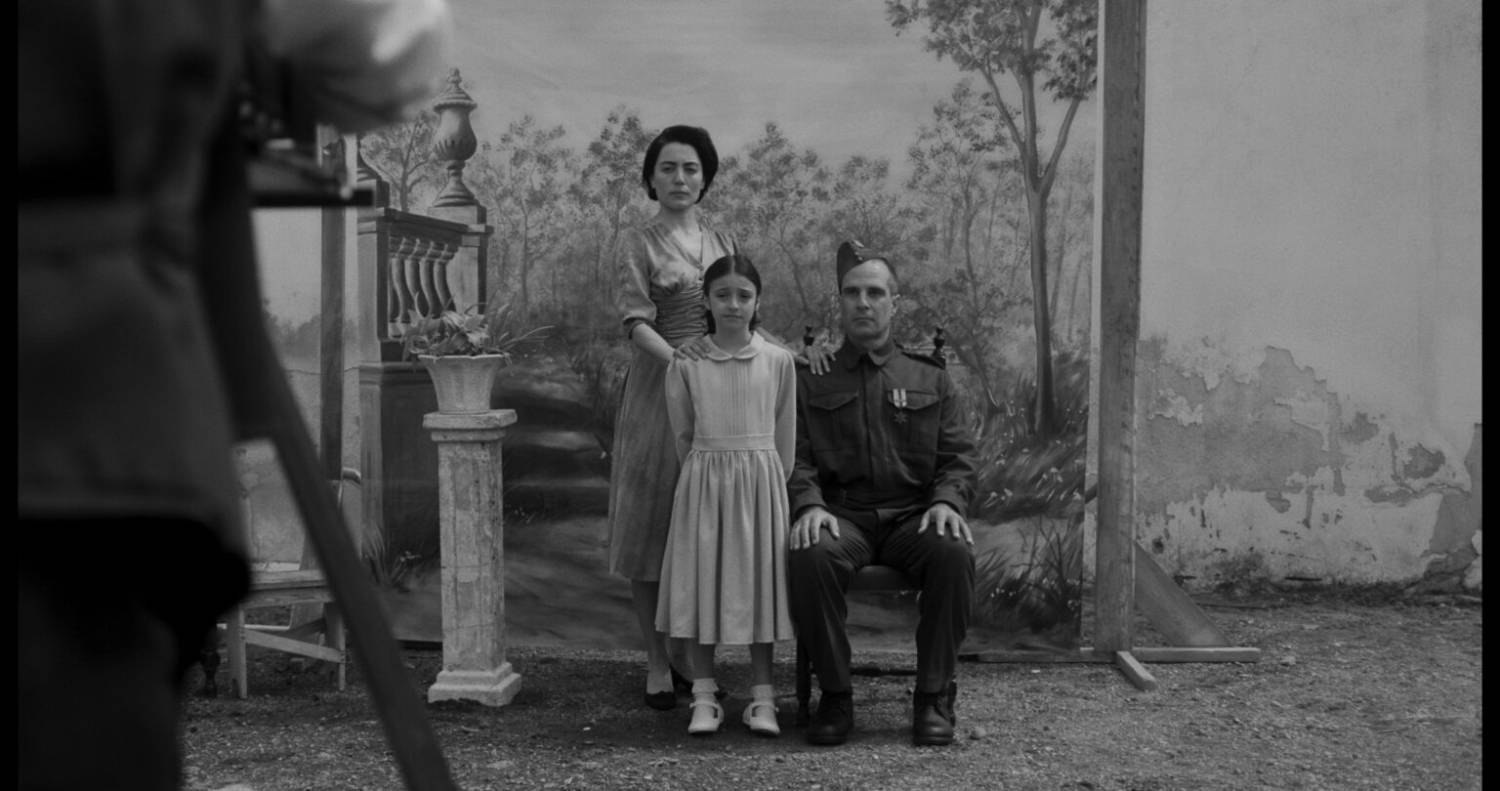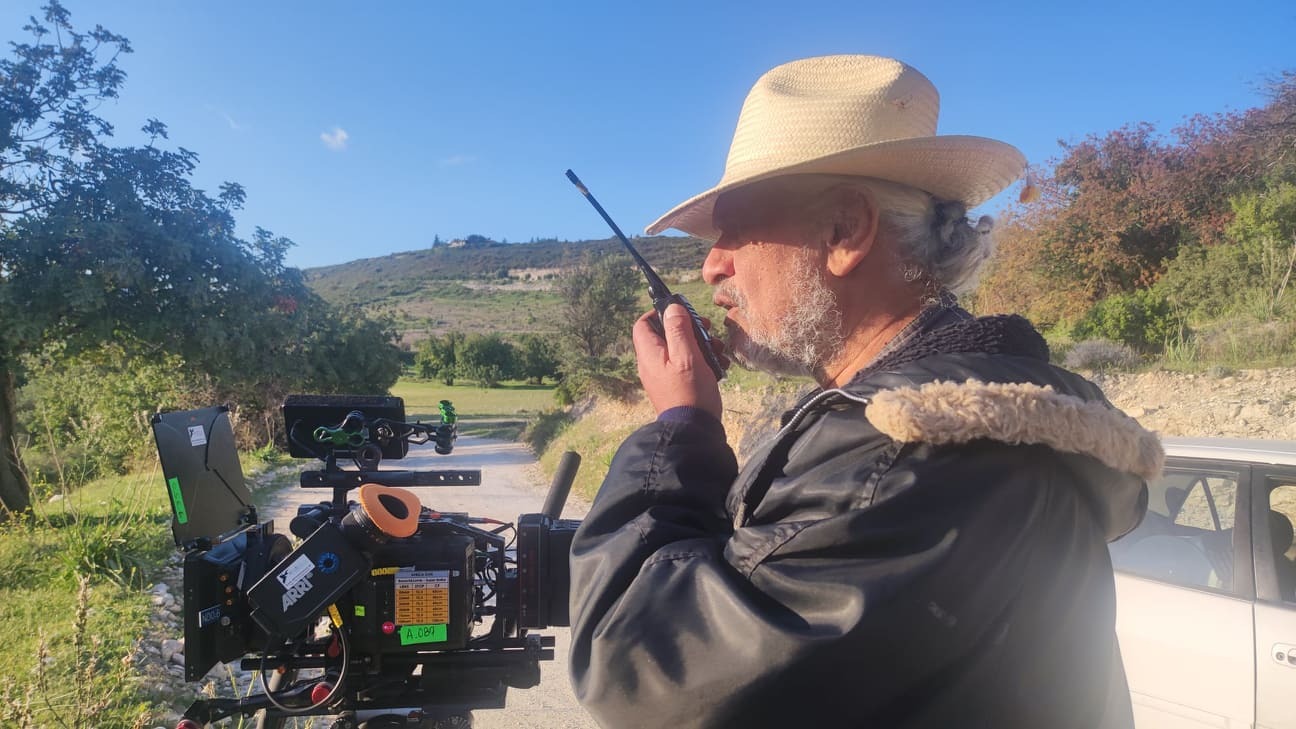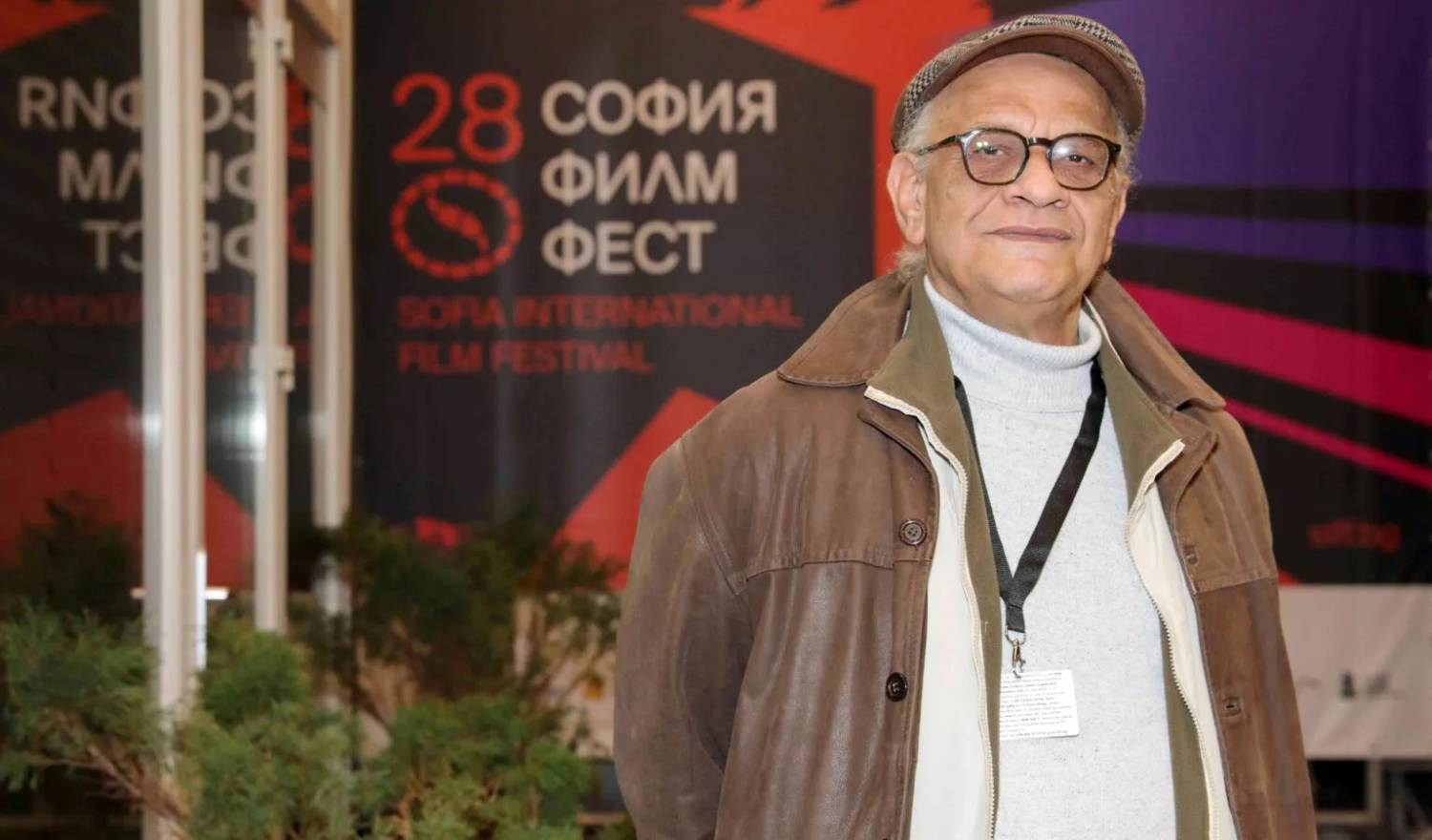The Cypriot director speaks about his third feature film “Africa Star,” which is revealed to the island’s audience as part of the 22nd International Film Days of Cyprus 2024.
“Africa Star” had its successful world premiere a few days ago at the Sofia Film Festival.
It follows three generations of Cypriot women – a mother, daughter, and granddaughter – whose lives drastically change due to the actions of a man who succumbs to temptation.
According to Adonis Floridis, the condition explored by the film is poverty as the worst form of violence and how this condition determines the existence of a poor woman as the individual at the bottom rung of the hierarchical power system.
The Cypriot director and screenwriter emphasizes that the cinema that interests him cannot remain silent in the face of the darkness of our times.
Where does the narrative thread of this film unfold?
From some images, memories, and stories with which I grew up and which persist in my mind as black and white. Not necessarily experiences I lived or directly experienced, but they are an integral part of my existence.
This is the basis upon which the fairy tale is built – because it’s about a fairy tale and not a historical record. A fairy tale that attempts to exist within the times it is supposed to unfold.
In other words, a fairy tale that describes events, not as they happened in reality – that’s the job of the historian – but as they could have happened. That’s what the storyteller does.
To what extent are we bound by the choices and sins of our ancestors?
“The sins of the fathers are visited upon the children” belongs to a theological deterministic view of the world, something that is usually translated as a social taboo.
However, it is a fact that the actions and choices of our ancestors, not necessarily our direct biological ancestors, create the material and social conditions in which the next generations exist.
But treating the social process as the actions and choices of generations succeeding one another is also a simplistic view of the world we live in because it presupposes a cohesive homogeneous social entity where one generation follows another.
Human societies are not like that. They are fragmented in various ways on a cultural, economic, and class level. This means that on a personal level, some do not have the luxury of “choices”.
They do what is imposed on them by the need for physical and/or social survival.
Do you think it’s ever too late to make amends?
It depends on the type and extent of damage we have caused. If our actions have irrevocably negatively affected someone’s life, how can we make amends?
We must learn to live with it and carry the burden in our conscience until the end. The worst part is that in these cases, every attempt at redemption has to do with feeling better about ourselves, calming our conscience.
And as time goes on, this personal need becomes even more intense. Ultimately, it is an act that has nothing to do with the “other,” but again with ourselves.

Are you fascinated by untold stories?
Very much so. However, beyond the “fascination,” it’s the fact that through these untold stories, you become aware of the pompous lie of the dominant narrative.
This is where official history is deconstructed. It’s like the moment you discover that beneath a painting, there’s another painting, which the painter covered up for his own reasons to paint the one you see.
What you see is the painting he made to sell. The one underneath is the painting he painted for his soul and couldn’t sell.
The fact that your previous film has been acclaimed and recognised, does it give you a boost or burden you with responsibility?
Neither one nor the other. I don’t want to reach the point of making films solely for recognition. In this sense, I share the sentiment of Bela Bartok that “competitions are for horses, not for art.”
If by “recognition” we mean resonance with the audience, then, of course, I’m interested in the film communicating; otherwise, there would be no reason to make films. The issue is that independent filmmakers can essentially only reach the audience through film festivals since the path to theatrical distribution is not exactly straightforward.
However, film festivals – wrongly, in my opinion – have shaped an international competitive environment dictated by marketing and market terms. So, to approach the audience, you inevitably go through this – believe me – very tormenting process of competition, and awards help in turn to reach a larger audience.
It’s a Catch 22 situation. In any case, as much as such recognitions help, they should never become an end in themselves. Because then you’re tempted to make films that will “please” the “system.”
So, I try to approach each new film as a project that starts from scratch, without letting the successes or failures of my previous work be a decisive factor.

What associations does the thought of the role of cinema in relation to the issues of our time evoke for you?
I don’t consider cinema as a monolithic genre.
The cinema that interests me is the one that sincerely explores, on one hand, the most sensitive and dark aspects of human existence, and on the other, expresses views, ideas, and concerns about how relationships between people should or should not be at every level: from interpersonal relationships to people’s relationship with power.
This cinema cannot remain silent in the face of the darkness of our era. When reality surpasses art, we, as filmmakers, cannot hide within the “cloak” of artistic creation.
Personally, I find it insincere. Assuming that the question also refers to the specific historical context, I’m very pleased that around the world many, primarily young filmmakers, take every opportunity to openly discuss the horror currently happening in Gaza and Palestine.
INFO: Adonis Floridis’ film “Africa Star” will be screened in Nicosia (Zena Palace) on Thursday, April 18th, at 8 p.m., and in Limassol (Rialto) at the end of the Festival on Saturday, April 20th, at 8 p.m. (cyprusfilmdays.com).
Eleftheria, 31.3.2024






